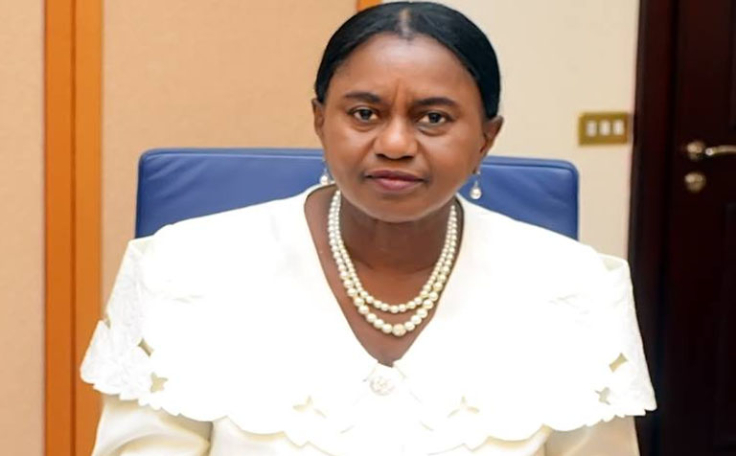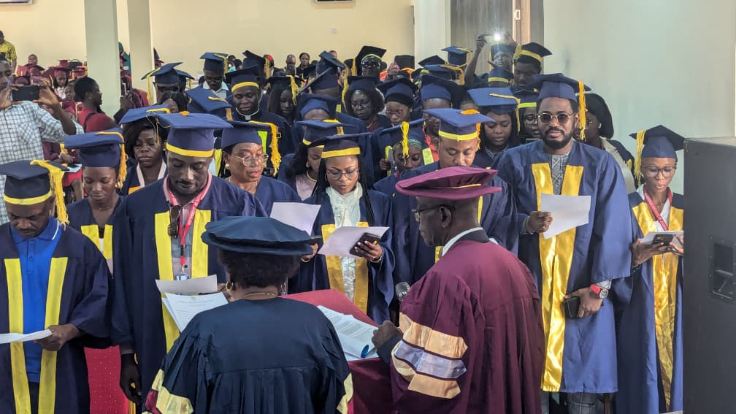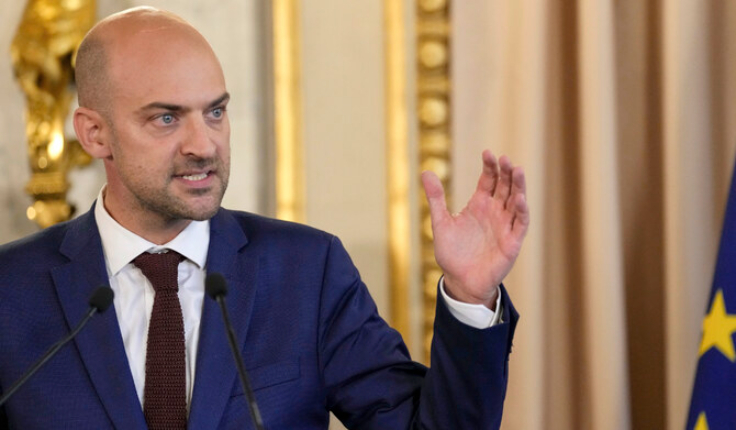
Dr. Ipalibo Banigo, the chairman, Senate Committee on Health
In a bid to address the growing psychological and emotional challenges facing students and educators in the country, the Senate has called for the integration of mental health education into the national academic curriculum.
Dr. Ipalibo Banigo, the chairman, Senate Committee on Health said this during a mental health programme organized by the Mandate Health Empowerment Initiative (MHEI) in Abuja on Monday.
The Senator, who is the keynote speaker stressed the connection between mental health, discipline, and academic productivity.
According to her, “Education is more than the pursuit of grades; it is the shaping of character, values, and vision. Yet, we cannot expect excellence from a mind burdened by anxiety, depression, fear, or hopelessness.”
She decried the rising cases of academic burnout, substance use, and emotional distress among students and teachers in Nigeria and other parts of Africa.
“Across Nigeria and much of Africa, we face a growing crisis of academic burnout, substance use among youths, and rising emotional distress among both students and educators. Too often, these challenges are misunderstood, dismissed, or spiritualised, leaving many to suffer in silence.
“We must move from silence to action — from stigma to support. The school environment must become a place not only for intellectual development but for psychological safety and emotional growth,” she warned.
She reaffirmed the Senate Committee’s commitment to ensuring that every learner in Nigeria can thrive both mentally and academically, while outlining a series of measures to advance this goal.
“We must work closely with the Ministry of Education and the Ministry of Health to integrate mental health education into school curricula, train teachers and school counsellors in emotional intelligence and crisis response.
“We must also establish mental health desks in all schools and tertiary institutions, empower parents through community-based mental health awareness and invest in credible local research and youth-centred data to drive evidence-based decisions that strengthen education, mental well-being, and national development,” she added.
In his speech, Founder and President of MHEI, Dr. Ameh Abba, stressed the need to view mental health as a developmental priority rather than a strictly medical issue.
“For far too long, mental health has been confined to hospitals and institutions, seen as an isolated medical issue rather than a societal development priority.
“But today, we reaffirm a new understanding — that mental well-being is the key to academic success, national productivity, and thriving communities,” he said.







